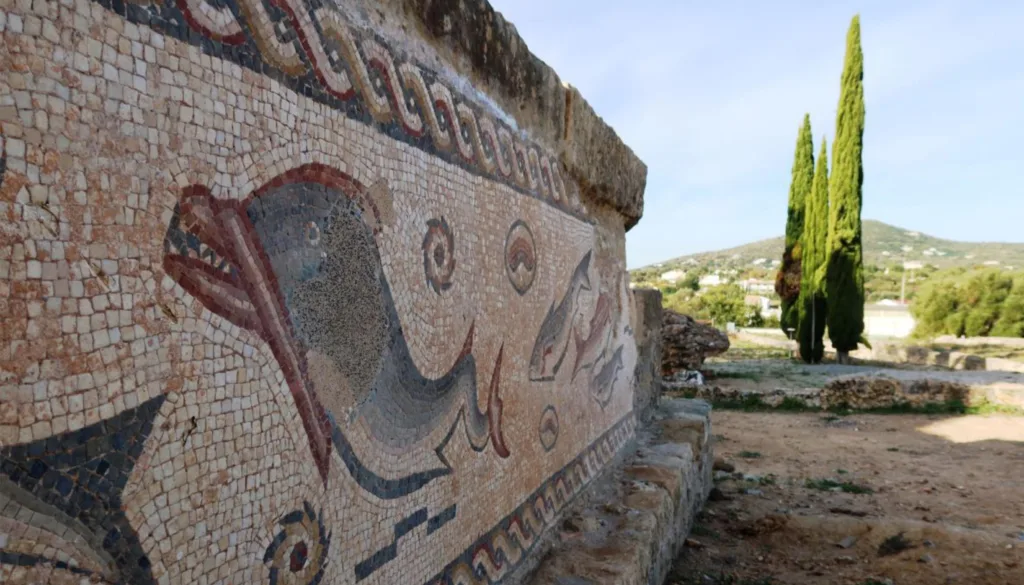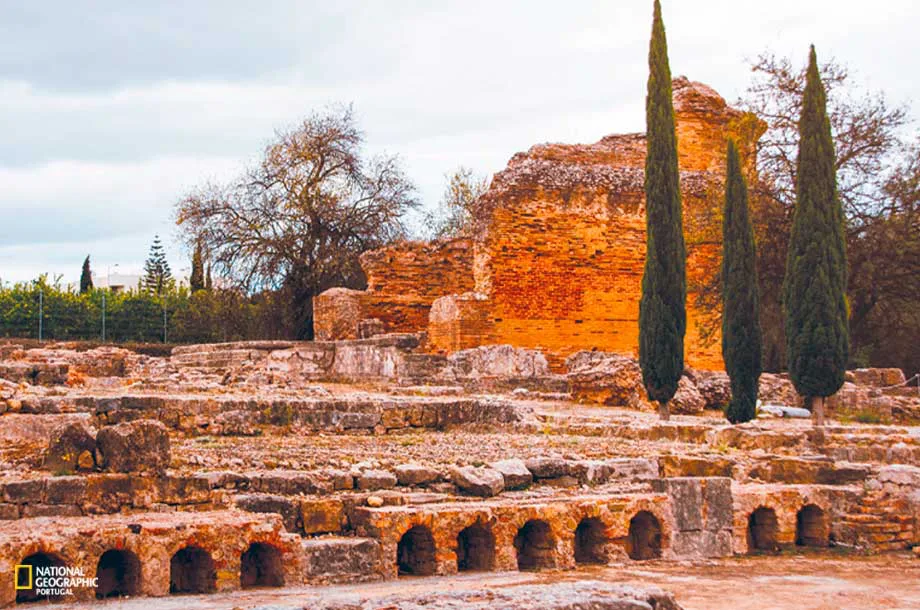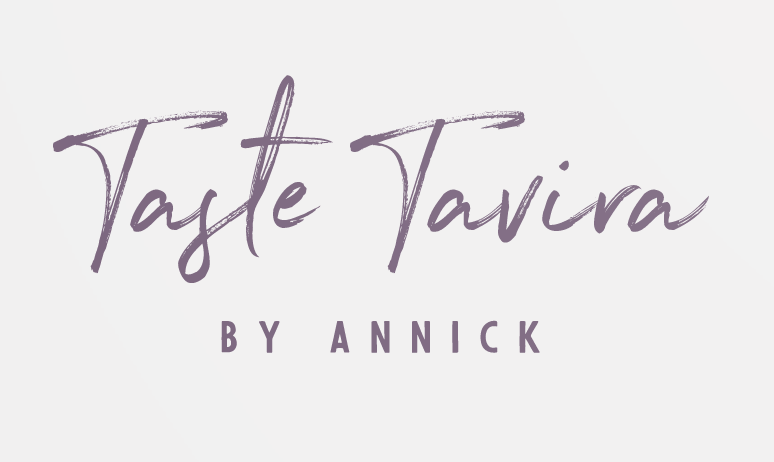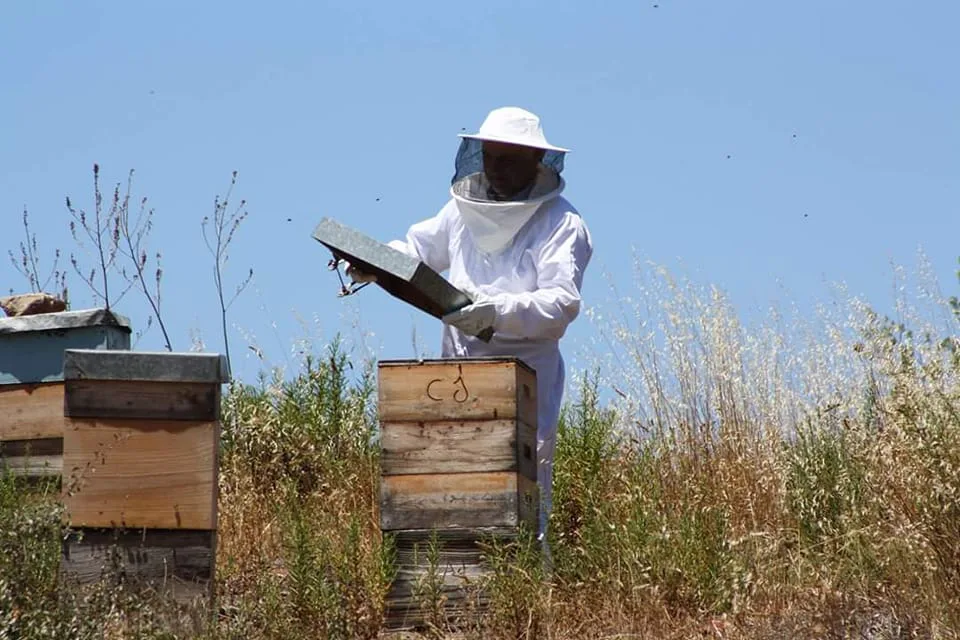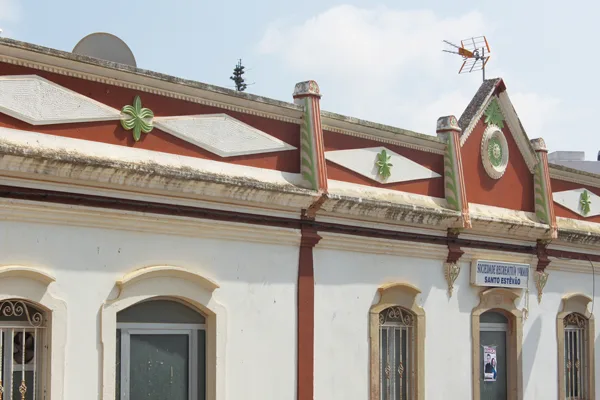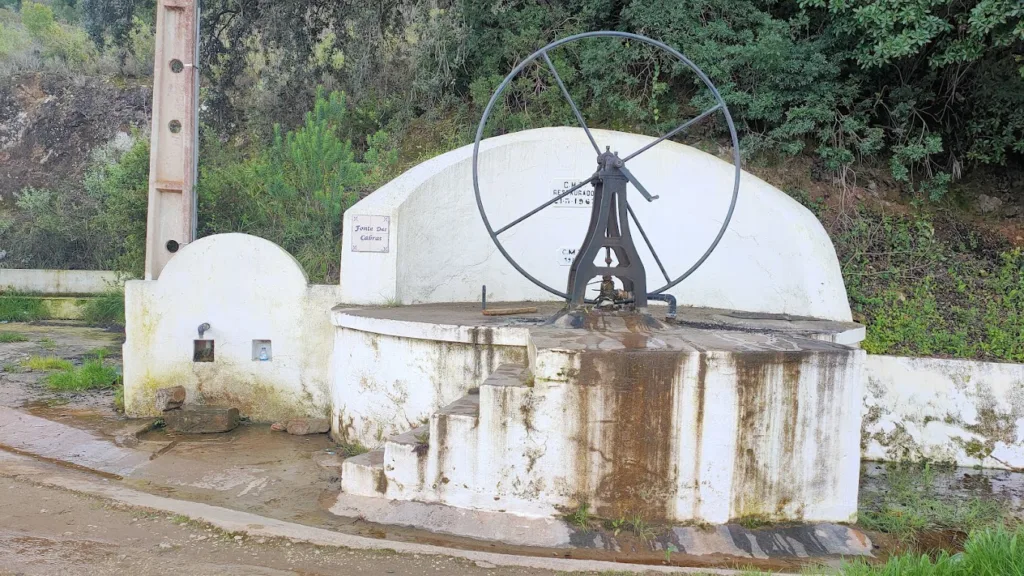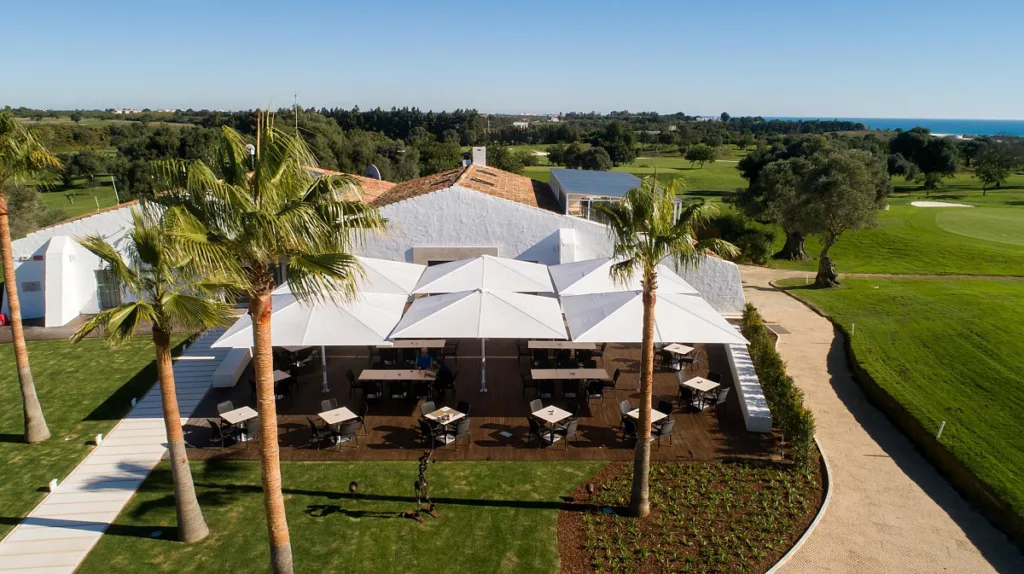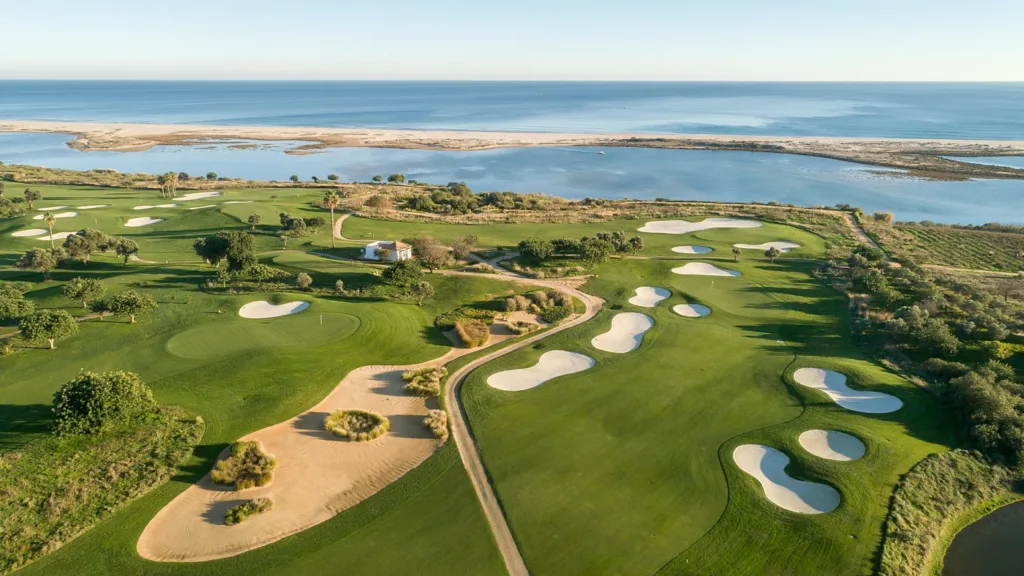When you think of the Algarve, you probably imagine sun-drenched beaches and charming fishing villages. But hidden just a half-hour drive from Tavira lies an incredible treasure trove of history that most visitors overlook: the Milreu Roman Ruins near Estoi . This archaeological site offers a fascinating glimpse into the luxurious life of a Roman villa that once thrived here almost 2,000 years ago — and it’s easier to reach than you might think.
🚗 How to Get There: A Scenic Drive from Tavira
Milreu is conveniently located near the quaint village of Estoi, about 25 kilometers west of Tavira , making it the perfect destination for a half-day trip by car. The journey takes you through rolling hills dotted with vineyards, almond trees, and orange groves — a true taste of rural Algarve. Follow the signs from Estoi to the archaeological site, where ample parking is available right at the entrance.
🏛️ Step Back in Time: What You’ll Discover at Milreu
The site of Milreu was once a sprawling Roman villa complex , believed to date back to the 1st century AD. This was not just a simple farmhouse — it was a luxurious rural estate that reflected the wealth and sophistication of its owners.
Mosaic Floors: Art That Has Survived Two Millennia
One of the standout features of Milreu is the exquisite mosaic flooring , remarkably well-preserved despite the passing centuries. These mosaics display intricate geometric patterns, mythological creatures, and scenes inspired by classical Roman mythology, offering a colorful window into ancient artistry and daily life.
Thermal Baths: Roman Comfort in the Countryside
Milreu also boasts thermal baths , an essential feature of Roman villas where owners and guests would relax and socialize. Walking through the remains of the bathhouse, you can imagine the soothing warmth of the heated rooms and the importance of these spaces in Roman culture.
The Pagan Temple: A Spiritual Center
Among the ruins, archaeologists discovered a small pagan temple , highlighting the religious practices of the villa’s inhabitants. The temple’s remains hint at rituals and ceremonies once performed here, adding a mystical layer to the site’s history.
🌿 Explore Estoi Village: Beyond the Ruins
After your archaeological adventure, take time to wander the charming village of Estoi itself. Known for its spectacular rococo palace (Palácio de Estoi) with its pink façade and stunning gardens, Estoi offers a peaceful retreat with cozy cafés and artisan shops. Don’t miss stopping at a local bakery for a fresh pastel de nata or a cup of rich Portuguese coffee.
🔎 Insider Tips for Your Visit
- Visit early or late in the day to avoid crowds and enjoy soft, golden light for photography.
- Wear comfortable shoes ; the site is uneven in places and best explored on foot.
- Bring water and sunscreen , especially in summer, as shade is limited.
- Combine your visit with a stop at nearby Fonte de Estoi , a historic spring with crystal-clear water that once supplied the villa and the village.
🌟 Why Milreu Should Be on Your Algarve Bucket List
Milreu is more than just ruins — it’s a captivating story carved in stone, a rare chance to connect with the ancient past right here in southern Portugal. Whether you’re a history buff, a culture lover, or simply curious, this site offers an immersive, peaceful escape from the usual tourist trail.
Ready to uncover Milreu’s secrets?
Hop in your car, follow the winding roads to Estoi, and step into a Roman world filled with mosaics, myths, and memories. Your Algarve adventure just got a whole lot richer.
